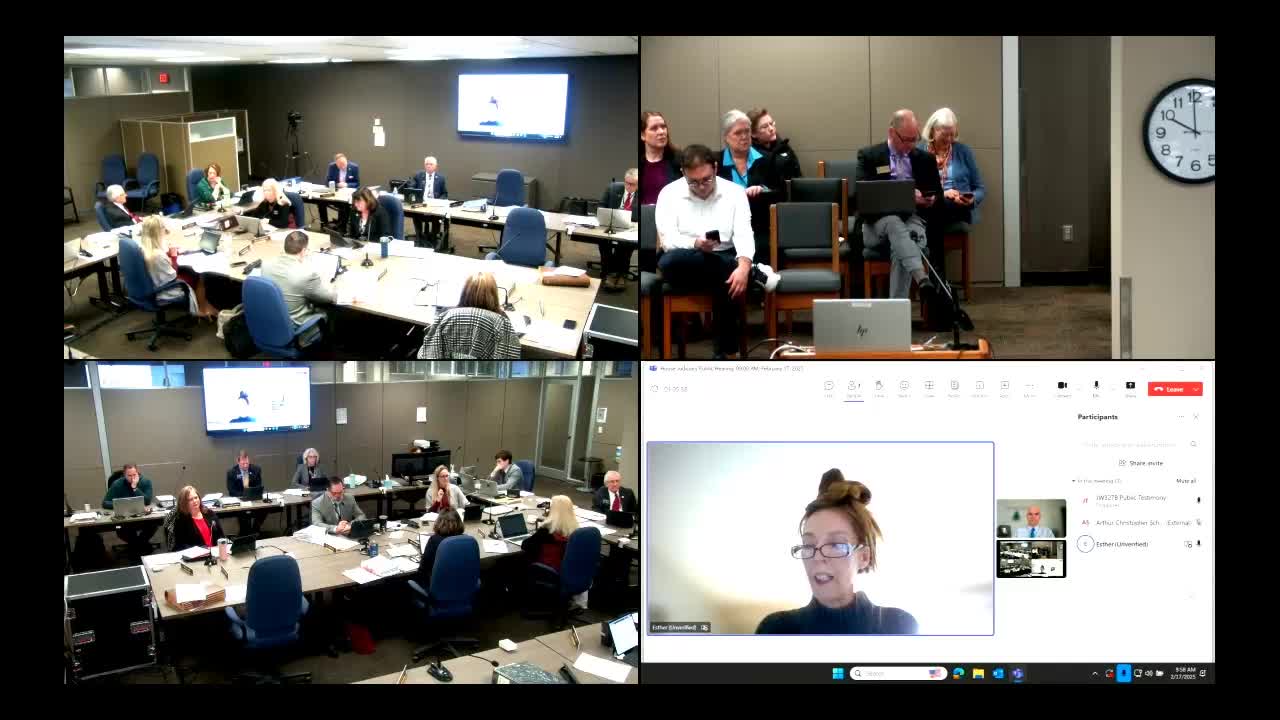Committee hears resolution urging U.S. Supreme Court to restore marriage definition to man-woman union
Get AI-powered insights, summaries, and transcripts
Subscribe
Summary
Supporters of HCR 3013 told the House Judiciary Committee that Obergefell v. Hodges was wrongly decided and asked legislators to urge the U.S. Supreme Court to restore a traditional definition of marriage; opponents, including civil-rights groups, said the resolution would roll back rights and recommended a do-not-pass.
Bismarck — The House Judiciary Committee heard extensive testimony Thursday on House Concurrent Resolution 3013, which urges the United States Supreme Court to "restore the definition of marriage to a union between one man and one woman." Supporters framed the resolution as a defense of traditional marriage and religious liberty; opponents said it would harm same-sex couples and risk removing rights recognized by the courts.
Representative Bill Twight (District 33, Hazen) sponsored the resolution and described historical, religious and common-law foundations for marriage as a union between a man and a woman. Twight asked the committee for a "do pass" recommendation and said Obergefell v. Hodges (2015) improperly created a constitutional right to same-sex marriage.
Witnesses in support included Arthur Schomper, field director for Mass Resistance; David Tamasia of the North Dakota Catholic Conference; Mark Grama of the North Dakota Family Alliance Legislative Action; Karen Krenz (Williston); and others. Their testimony argued the Supreme Court overreached in Obergefell, implicated religious-liberty concerns, and urged North Dakota citizens and lawmakers to register opposition to the decision.
Opposition witnesses included Christina Sambor of the North Dakota Human Rights Coalition, who asked the committee to recommend a do-not-pass. Sambor said legal recognition of same-sex marriage is a constitutional right that confers tangible legal protections — for taxes, inheritance, medical decisions and other legal benefits — and warned that the resolution would be harmful and discriminatory.
A small number of people provided brief remarks during the large hearing — both in support and opposition — and the committee did not vote on the resolution at the conclusion of testimony. Committee leadership said they would balance time for additional testimony; dozens of written testimonies had been submitted on both sides.
